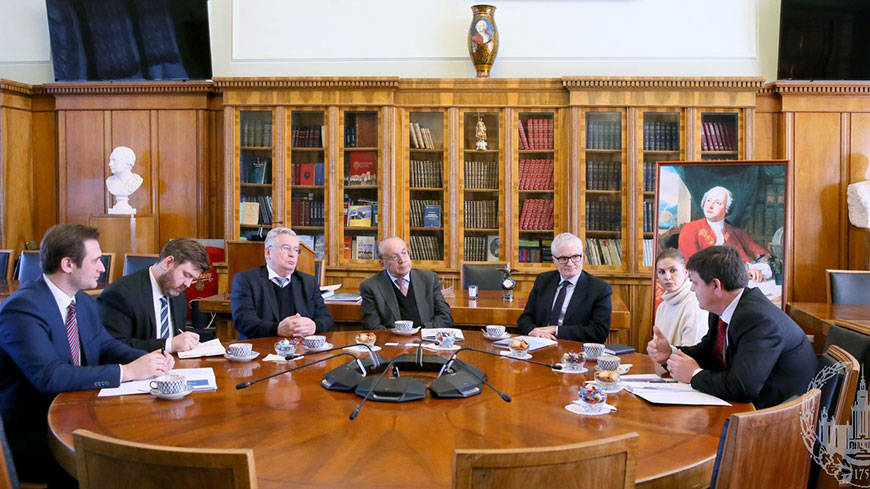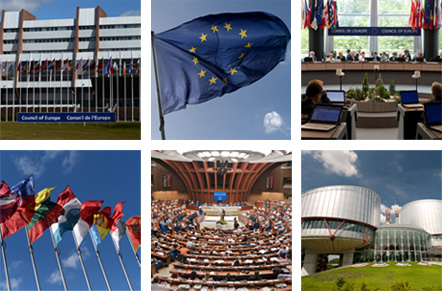The Council of Europe discussed yesterday and today in Moscow with leading Russian universities the prospects for enhanced academic cooperation on the Council of Europe's conventions.
As a first step, a new training course on human rights and biomedicine (bioethics) was presented at the Faculty of Medicine of the Lomonosov Moscow State University. The course has been developed by the Council of Europe and the Russian Ministry of Health under the Pan-European HELP programme (Human Rights Education for Legal Professionals). It deals with issues regulated by the Oviedo Convention on Human Rights and Biomedicine, including the free and informed consent, protection of health-related data, protection of the embryo and procreation, end of life, genetic testing, biomedical research, and the transplantation of human organs and tissues.
The event has also yielded a discussion on the feasibility and added value of enhancing cooperation between European universities and research centres through the Council of Europe's academic networks.
The concept has been presented by Professor Michele Nicoletti, former President of the Council of Europe's Parliamentary Assembly and coordinator of the feasibility study for Council of Europe academic networks. The project has also been discussed at the bilateral meetings with the Rector of Lomonosov Moscow State University, Professor Viktor Sadovnichiy; the Rector of MGIMO University, Professor Anatoly Torkunov; the Rector of RUDN University, Professor Vladimir Filippov; the Deputy Minister of Foreign Affairs, Alexander Grushko; the Deputy Minister of Health, Oleg Salagay; the Dean of the Faculty of Medicine of the Lomonosov Moscow State University, Professor Vsevolod Tkachuk; and the Director of MGIMO European Studies Institute, Tamara Shashikhina.
All parties agreed that the Council of Europe's academic networks would strengthen the Pan-European legal space and cooperation. Professor Nicoletti is pursuing his contacts with leading European universities and research centres with a view to concluding his feasibility study by next spring.
These meetings are a follow-up to Professor Nicoletti’s contacts in London earlier in November with leading academic institutions of the United Kingdom which also supported the idea of acedemic cooperation to promote the implementation of Council of Europe's conventions.



